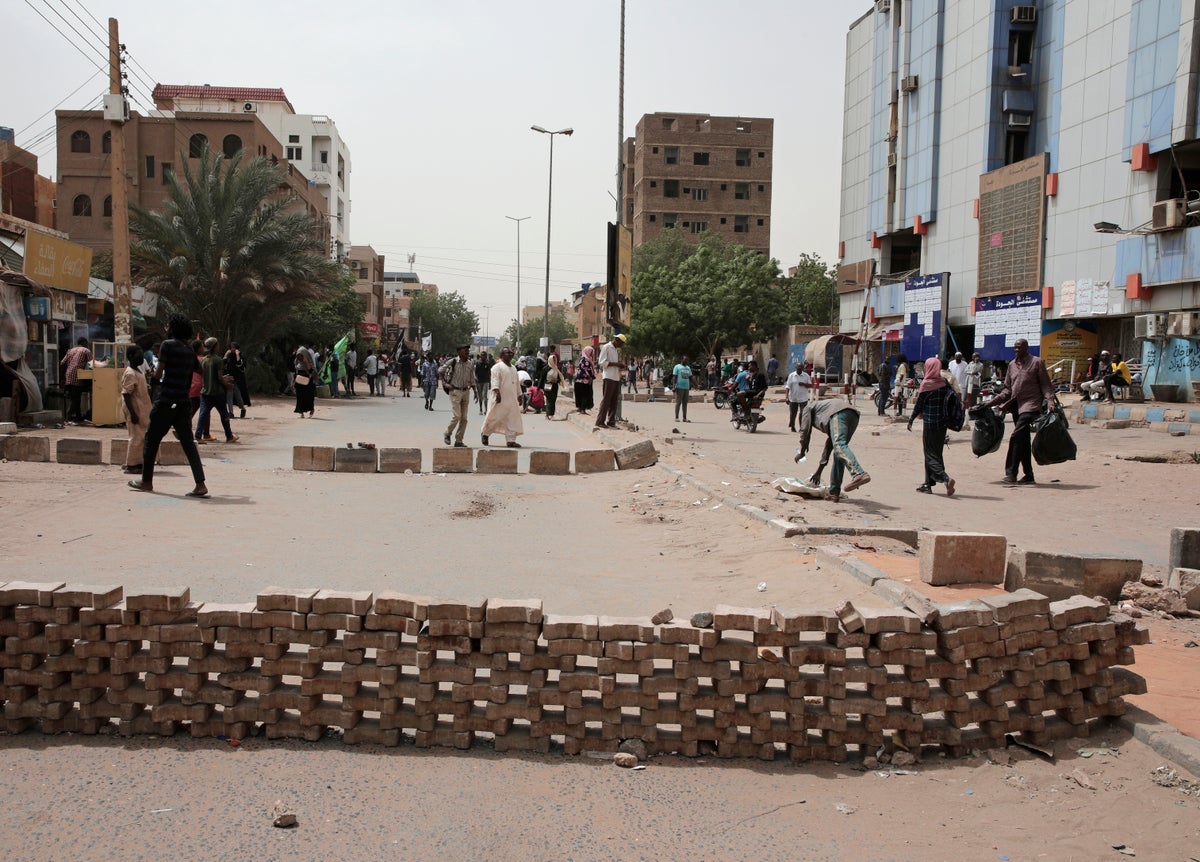
Sudanese security forces descended on an anti-coup sit in to try and disperse protesters in the capital, Khartoum, wounding at least 11 people, a medical group said Tuesday. The crackdown came shortly after Sudan's military ruler promised to step down once a civilian government is formed.
According to the Sudan’s Doctors Committee, which tracks protest casualties, security forces used tear gas on the demonstrators in the city’s neighborhoods of Burri and al-Jawda late on Monday. Some of those hurt were hit by tear gas canisters and other solid objects in the head and elsewhere, tweeted the group.
Earlier in the day, Gen. Abdel-Fattah Burhan said in a televised speech that the military will withdraw from negotiations meant to solve the ongoing political crisis, and promised to dissolve the military-led sovereign council after a new transitional government is formed.
The council has governed the country since the military seized power in a coup last year. Burhan's statement was unclear and gave no timeframe on his own stepdown.
It was also not immediately known what Burhan meant by saying the military would withdraw from the internationally mediated talks between the ruling generals and the country's pro-democracy movement, which has denounced the October coup and demanded an immediate transfer of power top a civilian government.
Sudanese pro-democracy activists have been holding sit-ins in different parts of Khartoum demanding that the generals return to the barracks and hand over power. The sit-ins began a day after authorities carried out a brutal clampdown on anti-coup marches that killed nine people and wounded 629 on Thursday alone, according to the medical group.
Sudanese military authorities have met the near-weekly street protests since the coup with a crackdown that has so far killed 113 people, including 18 children.
Sudan has been plunged into turmoil since the Oct. 25 military takeover upended its short-lived transition to democracy after three decades of repressive rule by former strongman Omar al-Bashir. Al-Bashir and his Islamist-backed government were removed by the military in a popular uprising in April 2019.
Since the coup, the U.N. political mission in Sudan, the African Union and the eight-nation east African regional Intergovernmental Authority in Development group have been trying to broker a way out of the political impasse. But talks have yielded no results so far. Pro-democracy groups have repeatedly said they will not negotiate with the military, and have called for them to immediately hand the reins to a civilian government.







